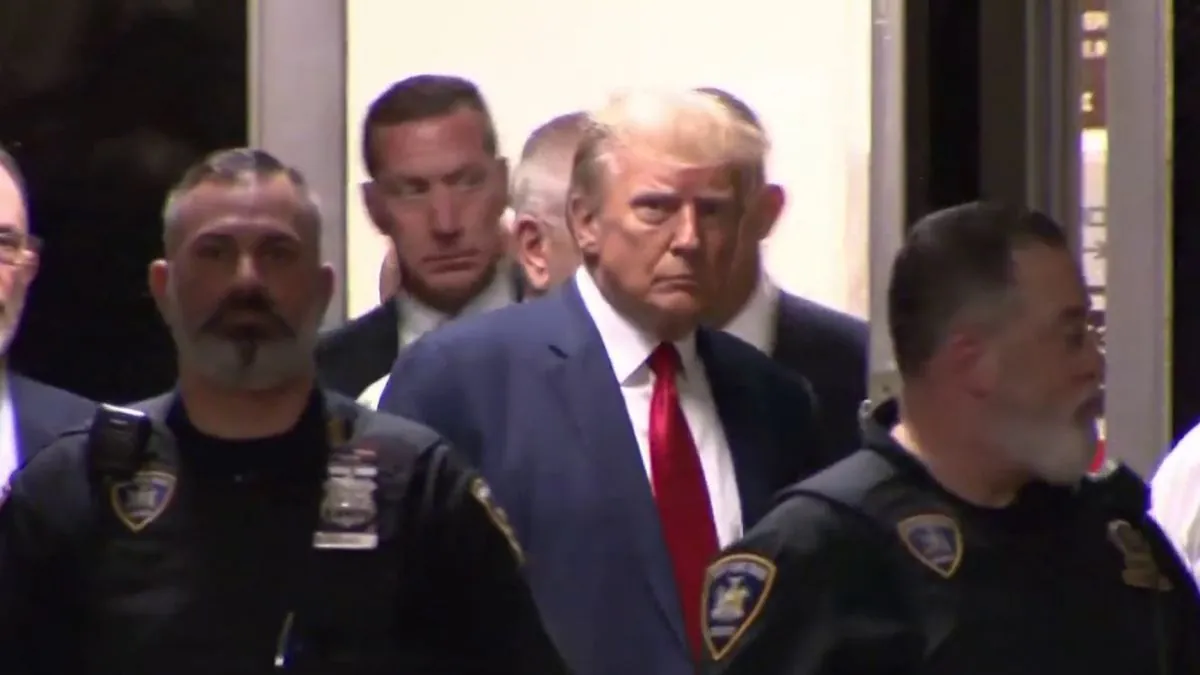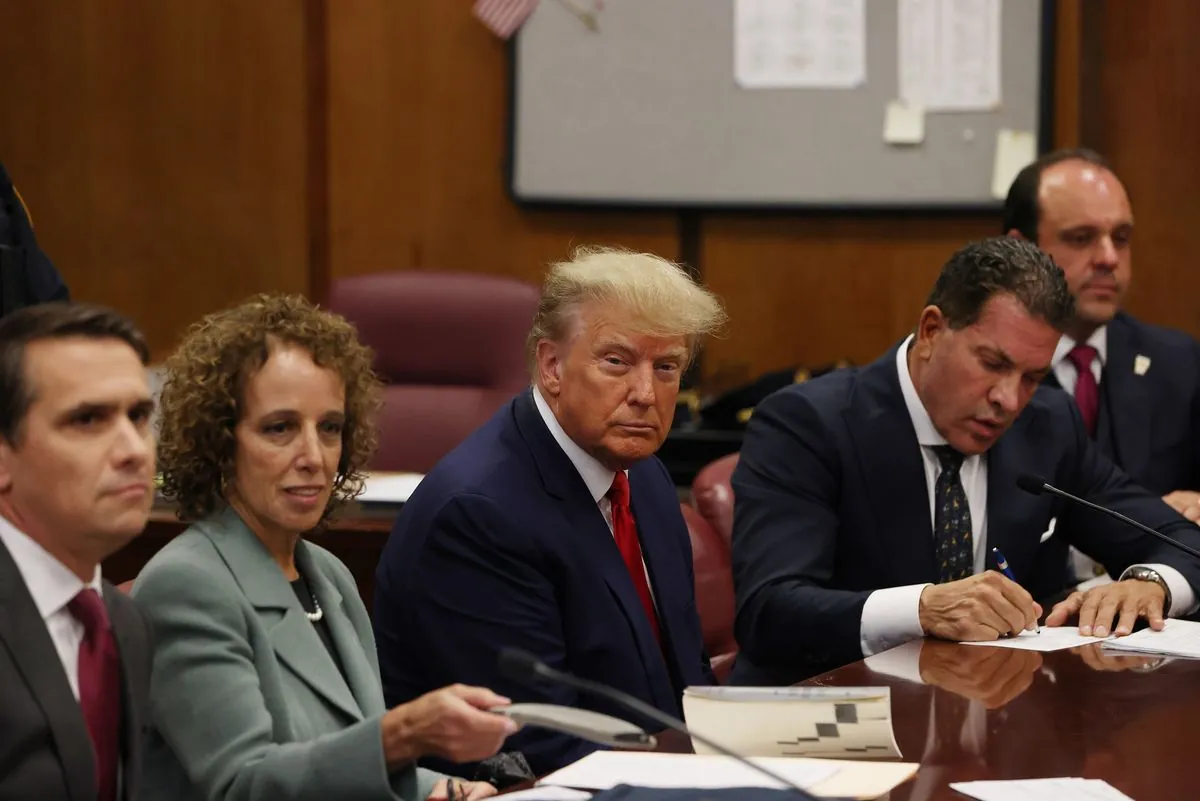Trump's Legal Battles: Delays, Motions, and Immunity Debates Unfold
Former President Trump's legal team seeks delays across multiple cases. Special counsel Jack Smith prepares a crucial motion on election obstruction charges, while courts grapple with presidential immunity issues.

The legal landscape surrounding Donald Trump continues to evolve, with his attorneys pursuing delays in various cases against the former president. This strategy has yielded results, as evidenced by recent developments in several ongoing legal battles.
In the federal case concerning alleged 2020 election obstruction, special counsel Jack Smith is poised to submit a significant court motion on September 26, 2024. This document, expected to be up to 180 pages long, will outline Smith's approach to prosecuting Trump within the constraints of presidential immunity as defined by the Supreme Court. The motion is anticipated to include redactions related to evidence against the former president.
Trump's legal team is not sitting idle. They plan to file a response by October 1, 2024, arguing against the submission of such an extensive motion. Additionally, they have requested further delays, citing the need for prosecutors to provide additional evidence in light of the Supreme Court's immunity ruling.

The New York hush money case, in which Trump was convicted on May 30, 2024, remains in a holding pattern. Justice Juan Merchan has postponed sentencing and ruling on an immunity-related appeal until after the upcoming presidential election.
In Florida, the classified documents case has seen a significant delay. The federal appeals court in Atlanta granted Trump's lawyers an additional 30 days to file their legal arguments, pushing the deadline to late October 2024. This extension aligns with the court's standard practices.
The Georgia state case, focusing on alleged attempts to overturn the 2020 election results, is currently on hold. The Georgia Court of Appeals is set to hear arguments in December 2024 regarding Trump's effort to disqualify Fulton County District Attorney Fani T. Willis.
These legal proceedings have raised important questions about the scope and application of presidential immunity. While Judge Aileen M. Cannon's ruling in Florida deemed Smith's appointment unlawful, this decision only applies to her courtroom. The hierarchical nature of the U.S. legal system means that rulings from district courts are not binding nationwide.
"It certainly does not apply as binding precedent. Because it is just one district court, which does not even bind another district court sitting next door. And it certainly doesn't bind other district courts sitting in another circuit."
The concept of "binding" decisions plays a crucial role in these cases. Supreme Court rulings are binding nationwide, while lower court decisions have limited scope. This distinction is particularly relevant in the ongoing debates surrounding presidential immunity and the legality of special counsel appointments.
As these legal battles unfold, they continue to shape the discourse on executive power, accountability, and the intricate workings of the U.S. judicial system. The outcomes of these cases could have far-reaching implications for future presidencies and the balance of power in American democracy.


































